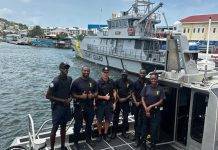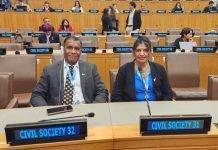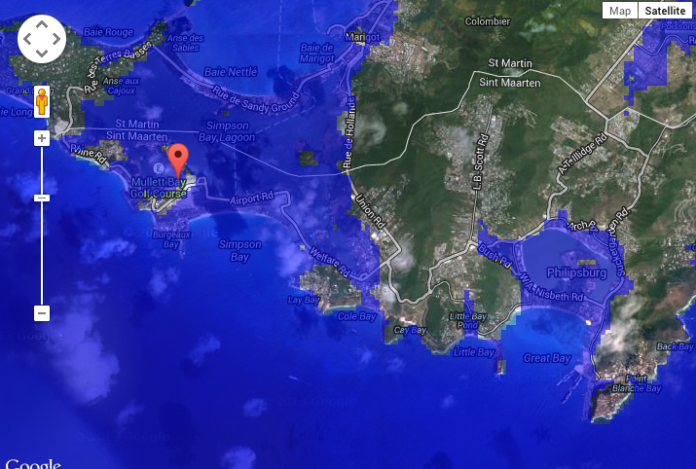The Caribbean, with its stunning beaches, vibrant cultures, and diverse ecosystems, faces an unprecedented threat: climate change. As global temperatures break records and natural disasters become more frequent, Sint Maarten and the entire the region must take decisive action to mitigate these impacts and safeguard the future of Caribbean people. By adopting proactive strategies and fostering regional collaboration, the Caribbean can chart a course toward resilience in the face of this mounting crisis.
Investing in resilient infrastructure is crucial for the Sint Maarten and the wider Caribbean to withstand the growing threat of natural disasters. Governments and regional organizations should prioritize infrastructure projects that consider climate change projections, including elevated sea levels and intensified storm activity. By implementing stringent building codes and regulations such as mandatory Environmental Impact Assessments, we can minimize the damage caused by hurricanes, floods, and other extreme events.
Sint Maarten’s and the Caribbean’s heavy reliance on fossil fuels not only contributes to climate change but also leaves the region vulnerable to price fluctuations and supply disruptions. Embracing renewable energy sources such as solar, wind, and geothermal, can reduce greenhouse gas emissions and increase energy security. Governments should incentivize investment in renewable infrastructure, explore innovative financing options, and collaborate with international partners to accelerate the transition to clean energy.
Additionally, the Caribbean’s unique ecosystems, including coral reefs, mangroves, and rainforests, provide invaluable natural defenses against climate change impacts. Efforts to protect and restore these ecosystems must be intensified. Strengthening protected areas, implementing sustainable fishing practices, and promoting reforestation initiatives are key steps toward preserving biodiversity and enhancing resilience. Moreover, partnerships between governments, NGOs, and local communities are vital for successful conservation efforts.
Also, timely and accurate information is essential for effective disaster management. Strengthening and expanding early warning systems across the Caribbean is crucial to ensure that communities receive timely alerts about impending hazards. Investing in advanced technologies, such as remote sensing and real-time monitoring, can enhance forecasting capabilities and improve emergency preparedness. Additionally, public awareness campaigns should be launched to educate citizens about the significance of early warnings and their role in disaster response.
Finally, it must be understood that climate change knows no borders, and no single country can tackle its challenges alone. The Caribbean should leverage its regional strengths and collaborate with neighboring countries, international organizations, and the global community. Sharing best practices, knowledge, and resources can lead to innovative solutions and strengthen the region’s collective capacity to mitigate climate change impacts. Regional platforms and partnerships, such as the Caribbean Community (CARICOM) and the Association of Caribbean States (ACS), can play a pivotal role in fostering collaboration.
Climate change poses a grave threat to the Caribbean, with record-breaking temperatures and increased natural disaster risks becoming the new norm. However, by taking bold and collective action, the region can build resilience and mitigate these impacts. Strengthening infrastructure, embracing renewable energy, preserving ecosystems, enhancing early warning systems, and fostering regional collaboration are key steps in this journey. The time to act is now, for the Caribbean’s sustainable future and the well-being of generations to come. Let us rise to the challenge and chart a path towards a more resilient and climate-conscious Caribbean.




























